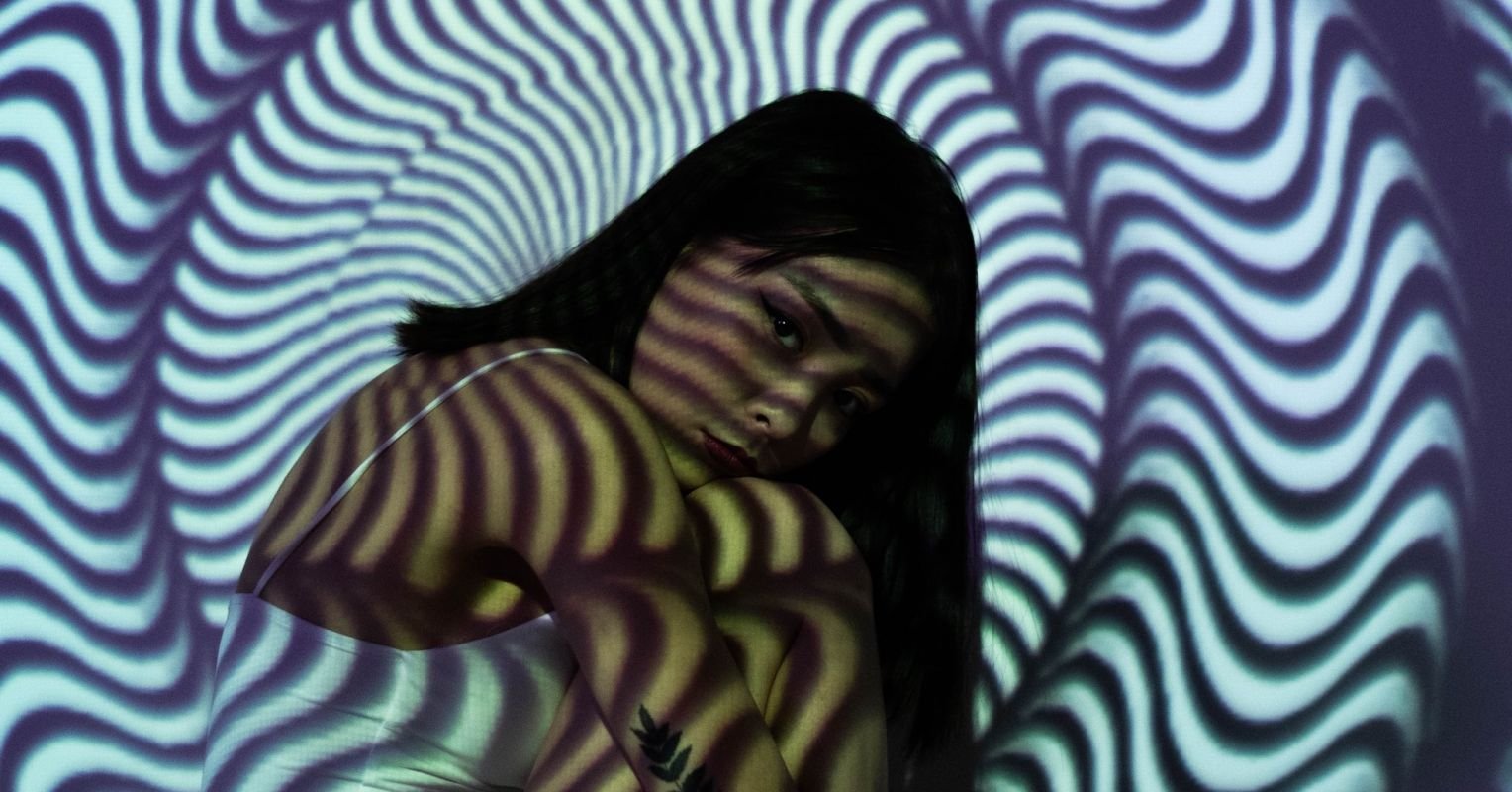Some in the wellbeing media are calling hypnotherapy a new wellness trend for late 2021 and beyond.
Hypnotherapists around the world have certainly noticed an increase in referrals. Like most things over the past 16 months or so, this interest has been fueled by COVID-19 and the various stresses and strains it has caused, including anxiety, burnout, and fatigue.
One such therapist, based in Auckland, New Zealand, conducted an independent poll and found that hypnotherapists around the world have noticed a 60 percent increase in online consultations. .
One wellness website was teaching people how to self-hypnosis as a way to more effectively manage lockdown and isolation.
However, hypnotherapy is not new or new age, let alone a “trend.” In fact, it has been around for thousands of years.
It was also practiced in ancient Egypt and ancient Greece. Sick and tired people went to the temple of sleep. While there, the temple priest put them in a trance and gave them positive suggestions, blessings, and divine prayers.
As a more modern medical practice, hypnotherapy has a history dating back hundreds of years. Before the advent of anesthesia, anesthesia was the primary (and highly effective) method of pain control for surgery. It was either that or a bottle of whiskey and a very large stick.
Hypnosis fell out of favor when it became a form of vaudevillian entertainment (one that barked like a dog and clucked like malarkey a chicken). However, hypnotherapy for healing and hypnotherapy for entertainment are two completely different things. Sadly, for a time, the latter’s reputation tarnished the former’s legacy.
Fast forward to today, clinical hypnotherapy is an evidence-based practice with many applications.
Here in the UK, it has been approved by the British Medical Association since 1892. As an update, the British Medical Association published the Hypnosis Act in 1952, setting a legal definition for hypnotherapy. Some hypnotherapy associations are also accredited registrars of the Professional Standards Authority (PSA).
But what exactly is hypnotherapy?
Quite simply, hypnotherapy is therapy that takes place under hypnosis (of course!). And there are different treatments for different things, depending on what you want to achieve. In addition to the anxiety, stress, and burnout symptoms mentioned above, hypnotherapy can also be used for anxiety and anger management, as well as confidence building, relaxation, weight control, pain control, smoking cessation, and more.
It’s also great for treating needle phobia (which is a good thing, considering the number of vaccines currently being injected into people). One study found that treating needle phobia can reduce hesitancy to get the coronavirus disease (COVID-19) vaccine by 10 percent. 1
Hardly a week goes by that a celebrity or something doesn’t make the news for using it. Recent examples include Olivia Colman (for stage fright) and Reese Witherspoon (to help with panic attacks).
Regardless of the treatment method, the important thing is that it is performed under hypnosis. The term itself comes from the Greek word hypnos, which means sleep. But this is a misnomer, because you are not sleeping. Hypnosis is an altered state of consciousness, much like daydreaming, nodding off, or losing yourself in a really good book.
And in this trance-like state, something very wonderful happens to your mind. To oversimplify, the mind has two parts: the conscious and the unconscious. But it’s not 50/50. Think of this as an iceberg in the ocean (don’t blame me, Freud came up with this analogy). And like any great iceberg, it’s 10 percent above the waterline (visible) and about 90 percent below the waterline (hidden from view).
Your consciousness is like 10 percent above the water. Think of this as the daily short-term memory part of the equation. It is also the rational, logical, analytical part of your mind.
Your unconscious mind, the part 90 percent below the waterline, is responsible for everything else. As you read this article, your unconscious mind is blinking, breathing, digesting food, and thousands of other bodily functions that you don’t consciously think about. Your unconscious mind is also the database of everything about yourself. Everything you have ever witnessed, learned, seen, felt and done. It stores all your memories, all your skills, habits, and reactions to things.
The two parts of your mind are constantly communicating. The conscious mind is like a reader, checking every second of the day to see how you can be yourself. “What am I doing here?” How should I respond to that? How do we deal with this? Check, check, check…except with hypnosis.
In a hypnotic trance state, that communication process is bypassed. The conscious mind is still there and aware of everything that is happening around it, but the unconscious mind cannot be accessed.
If left alone, the unconscious becomes very sensitive to positive suggestions (what you want, as opposed to what you don’t want: in contrast, I want to be calm and in control, I don’t want to feel stressed or anxious) ).
Suggestions should be tied to a goal you know you want to achieve (for example, suggestions about quitting smoking will only work if you actually want to quit). And the more you want to achieve your goals, the more effective your suggestions will be.
Personally, I would love to hurry through the remaining restrictions of lockdown and wake up on a beach somewhere to have a super relaxing time. But in the meantime, hypnotherapy can also help with that. No, seriously, it’s possible.
With flight restrictions still in place, hypnosis is regularly used to take people on virtual holidays. This isn’t as strange as it sounds, as famous hypnotherapist Paul McKenna was offering hypnosis holidays at a special booth set up at his Bluewater shopping center in 2015.
Pack your metaphorical suitcase and choose your destination.
That way you can ride the trend.

